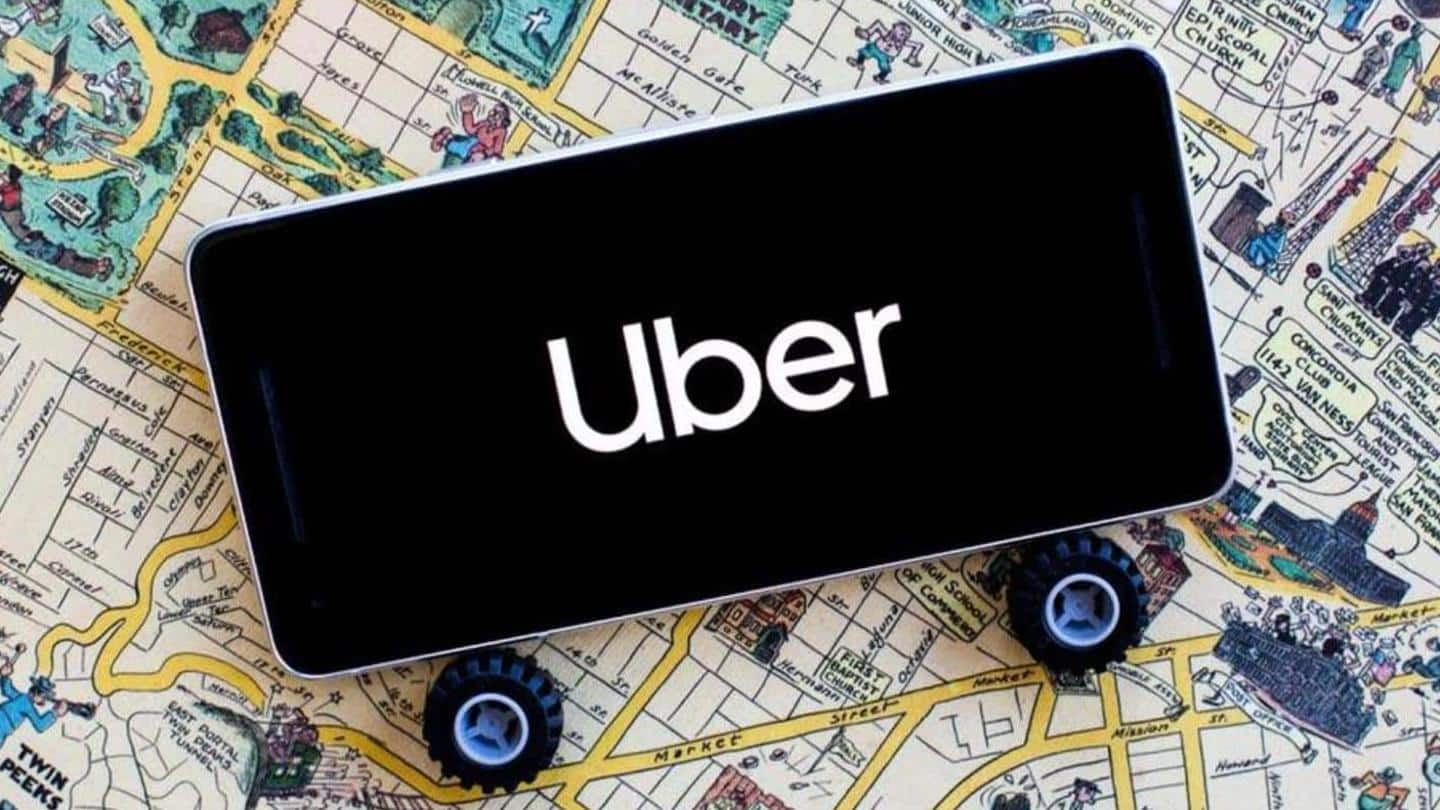
Uber Files: Inside the ride-hailing firm's questionable tactics in India
What's the story
An investigation of a leaked data dump called "Uber Files" has revealed damning details about how the ride-hailing service used unethical means for business expansion worldwide, including in India. Since its debut here in 2013, the firm has resorted to intense lobbying and used technology to bypass regulators. It has also used the issues that arose here as an example for other markets.
Context
Why does this story matter?
Uber is a $44 billion ride-hailing service with operations in 72 countries worldwide. In India, it has joined hands with six lakh driver-partners and has served over 9.5 crore passengers to date. In the 2013-17 period, when the firm was led by its co-founder Travis Kalanick, it violated a multitude of local laws. The leaked data sheds light on this.
Data leak
What is Uber Files?
Uber Files is a data leak comprising 182GB of data sourced by The Guardian from an anonymous source. The files belong to 2013-17 and have 1.24 lakh records related to internal company emails, memos, WhatsApp chats, and presentations. The leaked data shows how the ride-hailing firm used technology, aggressive lobbying tactics, and bypassed laws to dramatically expand its business worldwide.
Jumping hurdles
Ride-hailing firm had run-ins with regulatory authorities
To tackle regulation issues in India, Uber reportedly engaged in intense lobbying. It courted stakeholders from among bureaucrats and the political class in order to influence policy. It also signed MoUs in different states but most did not come to fruition. The firm also headbutted with regulatory authorities, including the Reserve Bank of India, GST and Income Tax Departments, and the Service Tax Department.
Blame game
Uber handled the Delhi rape incident poorly
Uber handled the crisis following the New Delhi rape incident in 2014 poorly. After its services were banned in the city, it blamed "flawed" licensing systems in India and poor background checks done by officials. Uber also used tools like "geofencing" to keep rides away from the police. Safety features such as a "panic button" in every cab continue to be unavailable to date.
Unethical tricks
There was an attempt to stall probes in India
Uber also used a process called "Kill Switch," which shuts down local systems to block them from probes. It was used 13 times, and some while raids were underway. A leaked email from February 2015 describes how the process was used in India. The local team was "shut down" by the firm's headquarters but they acted as if they were cooperating with Indian authorities.
Official words
What is the company's current stand?
Uber is intent on leaving its controversies in the past. Its Indian division put out a statement saying, "We have long championed rules and regulations that reflect changing technology and interest of riders and drivers alike." "As a category-defining company, we applaud and support progressive regulatory change that is good for riders, drivers, and cities," it added.